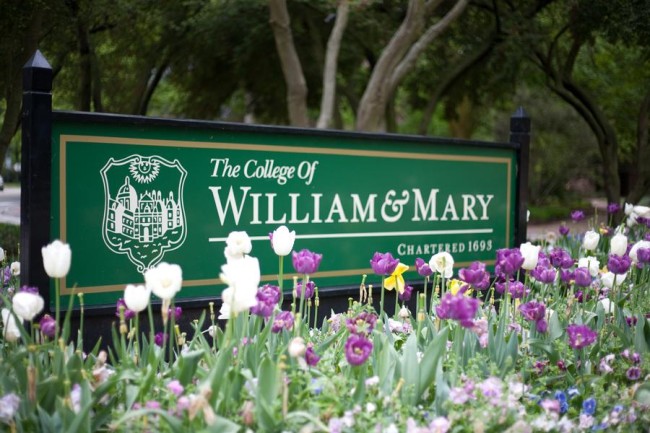Sept. 7, U.S. Secretary of Education Betsy DeVos announced the need for changes to campus sexual assault enforcement, criticizing the Obama-era guidance in place since 2011. Now, administrators and sexual assault prevention and response advocates across the nation are anticipating what this may mean for the policies and procedures already in place at institutions.
What we know right now:
We know that change is coming but anticipate it will be limited. The DeVos announcement has not changed the law known as Title IX. Schools still have the same responsibilities and survivors the same rights. The College of William and Mary will continue to address allegations of sexual misconduct as it currently does by protecting survivors from unnecessary re-traumatization and holding a fair and equitable investigatory process. Additional federal laws, including the Violence Against Women Act and the Clery Act, define and dictate the type of incidents to which institutions are obligated to respond, outline rights and options for reporting parties and respondents, and prescribe prevention programs intended to reduce and prevent harm.
We hope to have an opportunity to weigh in on any changes. Secretary DeVos spoke of pursuing a notice-and-comment process, which involves proposed regulatory action being publicized and public comment solicited prior to new rules or guidance being finalized.
The College of William and Mary will continue to address allegations of sexual misconduct as it currently does by protecting survivors from unnecessary re-traumatization and holding a fair and equitable investigatory process.
What are the College’s commitments?
In 2015, the College’s Task Force on Preventing Sexual Assault and Harassment developed recommendations to improve both response infrastructure and prevention initiatives on campus. Since that time, the Coordinating Committee for the Prevention of Sexual Assault and Harassment has been implementing those recommendations. In the last three years, William and Mary has made substantial changes to the sexual misconduct reporting and investigation process, strengthened advocacy services and support for survivors, and begun developing a comprehensive sexual misconduct prevention plan. This past spring, William and Mary conducted a sexual misconduct climate survey that was completed by 1,899 students. The results of this survey confirm what we know. Sexual misconduct at William and Mary is far too common. We join countless other campuses and communities across the nation in working toward shifting our culture in order to reduce perpetration of sexual violence.
William and Mary is committed to fair, thorough investigation of reported sexual misconduct. Our procedures are designed to respect the due process rights of respondents as well as the civil rights of reporting parties. We continually assess and revise our procedures and practices and will continue to do so during this period.
Depending on future guidance and directives from the Department of Education, it is possible that William and Mary may be required to make changes to policies or procedures, as will all institutions that receive federal funds. Regardless of these changes, William and Mary is committed to the progress it has made and will continue to collaborate with students, faculty and administrators to improve its prevention and response systems. William and Mary will continue to support survivors by being transparent about survivors’ rights and options, holding accountable those found responsible for sexual misconduct, and conducting sexual misconduct investigations in an equitable and fair manner for all parties involved.
-W&M Collaborative Title IX Staff
For more information regarding sexual misconduct at W&M, please visit www.wm.edu/sexualviolence. Contact Liz Cascone, Director of The Haven, at emcascone@email.wm.edu.

